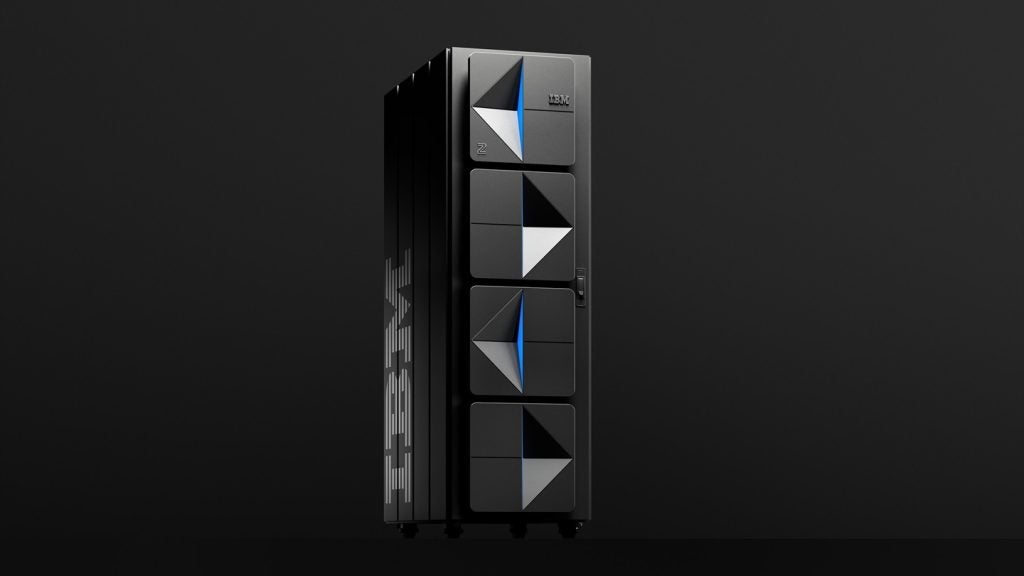Data centers are the hardware that underpin organizations’ IT infrastructure. GlobalData forecasts that the data centers market will become a $948 billion industry by 2030, up from $466 billion in 2020.
Data centers are at risk of overheating and experiencing reduced latency and outages in extreme temperatures, like those felt by Europe and the US over the past week. A Google Cloud center in London failed on Tuesday due to a cooling system failure in the extreme heat. Companies will face extra costs to cool equipment in heatwaves, which will be driven up further by rising energy prices amid the Ukraine conflict.
While costs can be absorbed for one-off heatwaves, rising temperatures and climate change risks mean extreme weather is only going to increase. With data centers providing the ‘brain’ of many organizations, companies will have to adapt and invest to protect IT infrastructure from climate change.
Extreme temperatures are on the rise
Temperature increases caused by greenhouse gas emissions are triggering more volatile and extreme weather, and this is set to increase. The World Meteorological Organization (WMO) states there is a 40% chance of the annual global average temperature rising 1.5°C above the pre-industrial levels in the next five years.
WMO Secretary-General Professor Petteri Taalas commented that “increasing temperatures mean more melting ice, higher sea levels, more heatwaves, and other extreme weather.” As heatwaves become more common, data center infrastructure will have to adapt, or risk outages and lower latency affecting key business operations.
Data centers must adapt to climate change
Data centers are indispensable to business operations, especially as Covid-19 forced many companies to migrate to the cloud, which is usually driven by off-premise centers. These centers can only operate efficiently between a certain temperature (15 to 32°C) and investment in cooling equipment is usually needed. The investment will only increase as heatwaves become more common.
It is popular for companies to build data centers in Nordic countries, so cooling is free. However, this is not a long-term solution. These countries cannot power all global data centers, and latency issues mean that ‘edge data centers’—smaller facilities located close to the edge of the network and to the devices that generate data—are becoming more popular. These centers are likely to experience overheating issues over the next five years.
A long-term solution is needed
However, protecting data centers from climate change is self-perpetuating, as they contribute to greenhouse gas emissions and therefore add to climate change, rising temperatures, and extreme weather.
Some companies are trying to reuse the heat generated by to reduce emissions. For example, Amazon in Ireland recycles the heat generated by its data centers to supply heat to houses. Meta Platforms in Denmark are also reusing heat: the heat generated from one data center has the capacity to heat 6,900 homes.
Other solutions include optimizing workloads for computational efficiency, therefore reducing heating. Computation-intensive tasks can be reduced and not run locally. Carbon-friendly coding is also becoming popular with developers. As temperatures rise and extreme heat becomes more common, these centers will need to be equipped with sophisticated cooling systems, preferably powered by renewable energy, and deploy energy efficiency techniques. A long-term solution is needed as data centers underpin the IT infrastructure of global operations.







